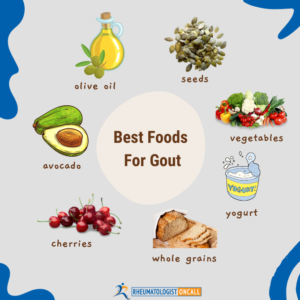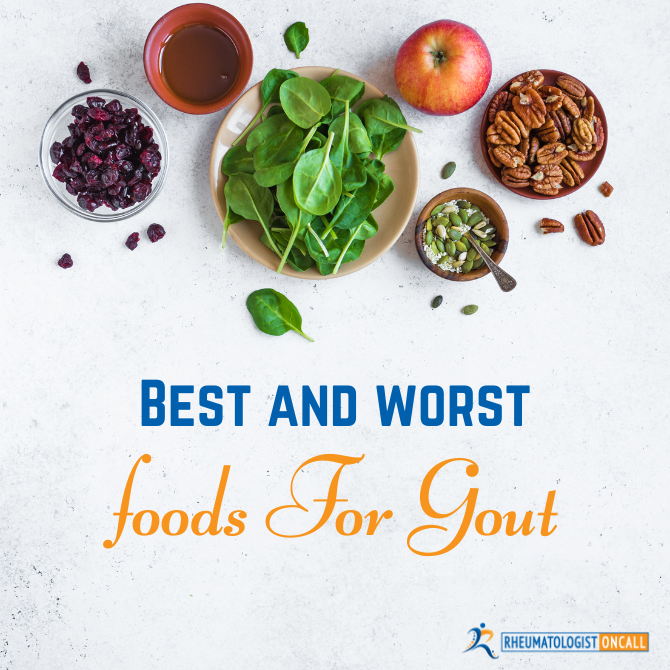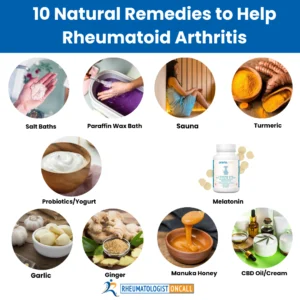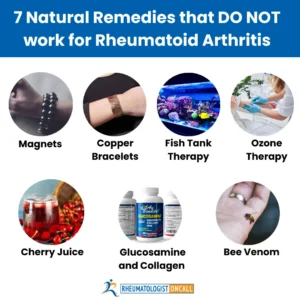SHARE
Have you ever suffered from unbearable joint pain, the kind that is sharp, sudden, and concentrated in your big toe? This intense sensation could be a symptom of gout. Picture this scenario: you dine out at a restaurant, savoring a couple of beers, a shrimp cocktail, a delectable steak, and a serving of ice cream. The very next day, you’re awakened by agonizing pain in your foot, ankle, or knee. This, my friends, is a classic case of a gout attack.
Understanding Gout
Understanding how your diet can influence gout is fundamental to managing this condition. It is a matter that has been somewhat controversial, sparking several myths and misconceptions. In this blog, I aim to clear the confusion, providing you with an insightful exploration of the foods that can either aggravate or alleviate gout symptoms.
If this topic intrigues you, don’t forget to check out my YouTube channel, “Good vs. Bad Foods For Gout“. Be sure to subscribe for more engaging and informative content.
The Controversy Surrounding Foods and Gout
There is an ongoing debate when it comes to the impact of foods on the risk of developing gout. There are people that will tell you that altering your diet might not significantly lower uric acid levels in your bloodstream. However, many gout patients assert that a balanced diet coupled with proper hydration and medication can markedly reduce gout flare-ups, improving their overall health condition. The secret lies in distinguishing between the food items that help and the ones that harm.
The Worst Foods for Gout
Certain food items can augment the risk of a gout attack due to their high purine content. When you consume such foods, our bodies break down the purines, leading to the production of a waste product called uric acid. Usually, uric acid dissolves in the blood and exits the body through urine. But for individuals with gout, either the body generates excessive uric acid, or the kidneys fail to eliminate it efficiently. This imbalance results in elevated uric acid levels in the blood, which can eventually form crystals in the joints, triggering inflammation and intense pain known as Gout flares.
Red Meat, Poultry, and Seafood
High in purines, red meats like beef, pork, and lamb, as well as poultry such as chicken and turkey, can escalate uric acid levels in your body. Similarly, seafood, particularly shellfish like shrimp, lobster, crab, mussels, scallops also high in purines, should ideally be avoided.
Organ Meats
Organ meats such as liver, kidneys, heart, and brain are extremely rich in purines and should be strictly avoided. These are often used in the making of sausages and pâté, so beware of these products if you suffer from gout.
Alcohol
Alcohol, especially beer and certain spirits like whisky, can also exacerbate gout. While wine is somewhat safer, it is still advisable to drink it in moderation.
Foods Rich in High Fructose Corn Syrup
High fructose corn syrup is another ingredient to watch out for. It’s often a primary sweetener in sodas, candies, including hard and chewy varieties, and chocolate bars. High fructose corn syrup is also used in many baked goods such as cakes, cookies, and pastries, as well as in breakfast cereals. It can also be found in many condiments, like ketchup and barbecue sauce, salad dressings, canned fruits, and even in some flavored yogurts.
The Best Foods for Gout
Luckily, not all foods spell trouble for gout patients. Some food items can help prevent uric acid buildup in the body, thus reducing gout symptoms.
Low-fat Dairy Products
Low-fat dairy products like milk, cheese, and plain yogurt are excellent sources of calcium and vitamin D, and they’re low in purines. Avoid all the processed cheeses. Consuming these regularly can help maintain healthy muscles and bones while keeping your uric acid levels in check.
Fruits and Vegetables
Fruits, especially berries, cherries, oranges, and apples, and most vegetables, particularly dark leafy greens like spinach and kale, cruciferous vegetables like broccoli and cauliflower, as well as bell peppers, tomatoes, cucumbers, and zucchini, are low in purines and high in fiber and antioxidants. These can help in maintaining a healthy uric acid level and overall health.
Whole Grains and Legumes
Whole grains like brown rice, whole wheat bread, oatmeal, and quinoa, as well as legumes such as lentils, chickpeas, and beans, are high in fiber and can help regulate your blood sugar levels and reduce Gout flares. They are also a good source of plant-based protein.
Healthy Fats
Healthy fats, such as those found in avocados, nuts and seeds, olives, and fish like salmon and tuna, can help reduce inflammation and are a good addition to a gout-friendly diet.

Conclusion
If you suffer from Gout, paying attention to what you eat is crucial. While diet may not significantly decrease your blood uric acid level, it can prevent further build-up of uric acid and decrease the frequency of gout flare-ups. A balanced diet that includes plenty of fruits, vegetables, whole grains, and low-fat dairy, while avoiding high-purine foods like red meat, seafood, and organ meats, can help manage your Gout symptoms. Remember to also limit alcohol and sugary drinks, and stay well hydrated.
Remember, making minor changes to your diet and lifestyle can significantly impact your Gout symptoms and overall health. Thank you for reading, and if you need professional assistance in managing your gout symptoms, consider contacting Rheumatologist OnCall. We’re here to help you lead a healthier, gout-free life. Don’t forget to subscribe to our YouTube channel for more insightful and practical information about Gout and other types of arthritis.














